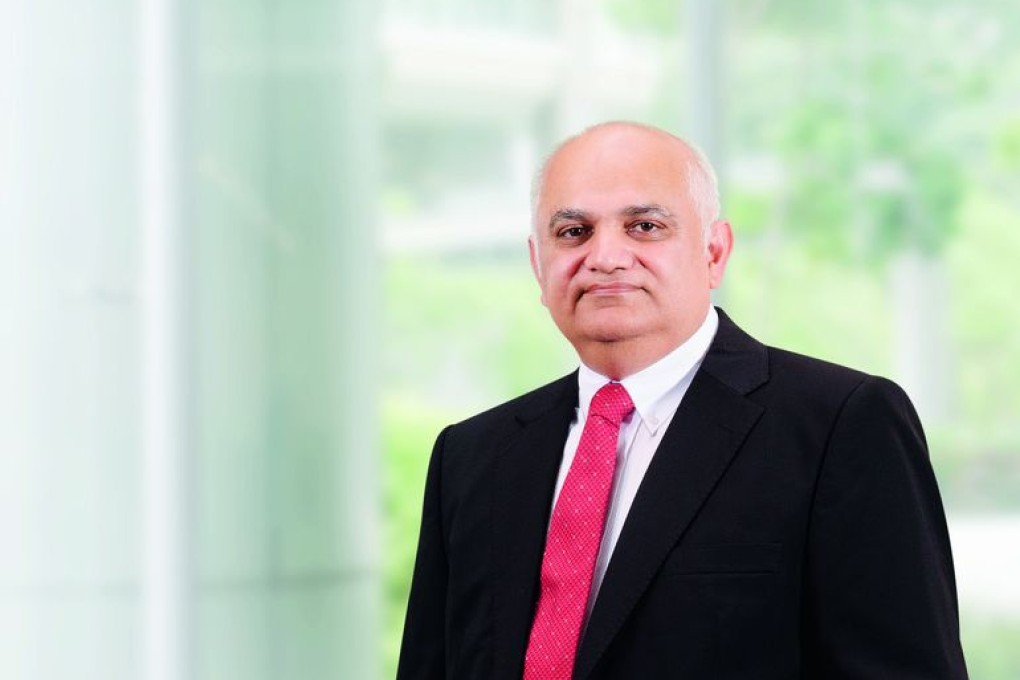FGV rises as global powerhouse in agribusiness
Malaysia accounts for 39 per cent of global palm oil output and 44 per cent of world exports, demonstrating its vital role in satisfying increasing global demand for oils and fats. At the forefront of this momentous undertaking is Felda Global Ventures Holdings (FGV), a rising global powerhouse in agribusiness with diversified operations in more than 10 countries across four continents.

Malaysia accounts for 39 per cent of global palm oil output and 44 per cent of world exports, demonstrating its vital role in satisfying increasing global demand for oils and fats. At the forefront of this momentous undertaking is Felda Global Ventures Holdings (FGV), a rising global powerhouse in agribusiness with diversified operations in more than 10 countries across four continents.
Through its stable of subsidiaries, joint ventures and associate companies, FGV has leading expertise in agriculture and related activities, including fertiliser manufacturing - creating a combination of strengths to support and complement its core business. Of great significance is FGV's collaboration with the University of Cambridge, resulting in the production of the world's first high-grade carbon nanotubes and graphene from byproducts of palm oil.
FGV has also taken a key role in advancing Malaysia's biodiesel initiatives, seeing mounting demand for biofuels as part of global efforts to meet greenhouse gas emission reduction targets. In November last year, six months after acquiring a biodiesel refinery in Pahang, FGV shipped its maiden load of biodiesel to the Netherlands and Switzerland. Another milestone was made this month with the initial shipment of palm methyl ester to a local oil and gas firm - marking FGV's official entry into the B5 biodiesel market.
"Our expansive footprint and diverse expertise bring in good economies of scale as we build winning positions in the industry," says Mohd Emir Mavani Abdullah, group president and CEO.
"This year, we are focusing on improving upstream efficiency, strengthening our overseas operations, creating more value to current businesses and establishing new growth areas."
With a dedicated workforce, FGV has become one of the few oil palm plantation operators that is fully integrated along the entire value chain, having upstream, midstream and downstream activities under its domain. By building up its downstream activities, FGV is guaranteeing uptake of its upstream products while addressing cyclical fluctuations.
FGV stands as the world's leading crude palm oil (CPO) producer and the second-largest palm oil refiner in Malaysia. It has been consistently yielding 3.2 million tonnes of CPO annually, in addition to 5.1 million tonnes of fresh fruit bunches. FGV manages and cultivates some 850,000 hectares of predominantly oil palm plantation estates across Malaysia and Indonesia.
Operating through its 51 per cent-owned subsidiary MSM Malaysia Holdings, FGV is Malaysia's largest refined sugar manufacturer. The company also produces up to 30 per cent of the nation's natural rubber from 110,000 hectares of rubber plantations and through 10 rubber factories.
In line with efforts to expand its downstream operations, FGV has ventured into the production of soybean and canola oils with crushing and refining operations in Canada. The company has also extended its geographical footprint to Turkey, Myanmar, Cambodia and the Philippines to establish strategic links with major companies in soft oils globally.
"Our products are exported worldwide," Emir says. "We see the consumer markets in China, India, the Middle East and Africa as the most sizeable. These are the largest markets that consume palm oil for food, as well as for non-food applications such as in cosmetics and biodiesel. We aim to grow our exports to these regions."
FGV, which ranks as one of the top 30 companies on Bursa Malaysia, traces its roots to a Malaysian government sustainable development initiative run by the Federal Land Development Authority. Steadfast to its founding mission, FGV continues to uphold all three principles of sustainability: profits, planet and people. As part of this commitment, the company has been an active member of the Roundtable on Sustainable Palm Oil (RSPO) since 2004. It aims to have all its mill complexes RSPO-certified by 2017. FGV has also taken a leading role in advancing renewable energy projects using oil palm biomass. Its "green" power plant in Sabah is the first in the world to use 100 per cent oil palm empty fruit bunches.
"FGV aims to be one of the top 10 largest agriculture commodity players in the world by 2022," Emir says. "We trust our growth will contribute towards better positioning Malaysia in the global arena."
www.feldaglobal.com